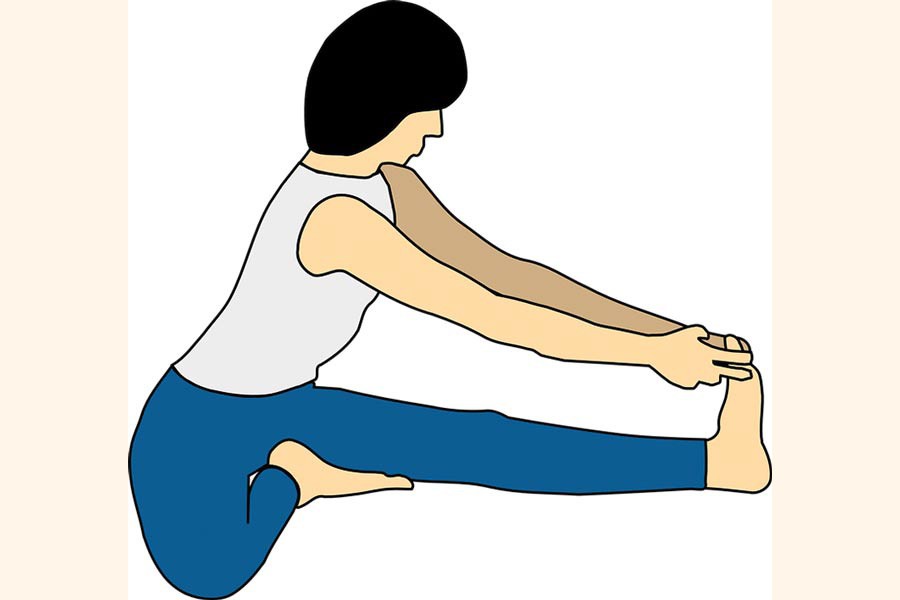These days there is a new restaurant on every other corner of the street, and the culture has become as such that everyone goes out multiple times a week to have foods at restaurants. Burgers, steaks, pasta and pizza are almost becoming staples. Lack of entertainment zones also helped this trend to grow specially among young people. There are several associated health risks that is caused by the intake of these processed and high caloric food. This trend coupled with the religious festivals such as Eid-ul-Azha not only poses short term risks but also exposes the community to significant long-term health risks.
Red meat consists of iron, zinc, phosphorous, and other minerals as well as a high amount of protein. All of these nutrients are highly beneficial to health when taken in appropriate amounts, however, most people tend to feast week after week on beef and other red meat in the aftermath of Eid-ul-Azha. High intake of beef and other red meat can cause issues such as constipation, dehydration, kidney damage, increased cancer risk and a high likelihood of heart problems.
As preventive measures, one can follow the tips given below.
Less is more
Just one serving of beef or similar red meat fulfils 52 per cent of daily protein intake. Consumption of beef needs to be limited to at maximum three servings per week. This is equivalent to 350-gm to 500-gm cooked weight. The amount is specified to balance the advantages of the nutrients in beef and other red meat and to minimise the disadvantages of associated health risks. There are many food items to tempt one's will to limit consumption, however, the best option is to abstain as much as possible to prevent high blood pressure, raised cholesterol levels, and other health adversities. "It's a test of will not to eat as much as the heart desires, to protect the heart itself," remarked Ahmed, an undergraduate student from North South University (NSU).
Maintain the balance
People tend to forgo a balanced diet in favour of other more delectable meals. However, this can lead to a number of health issues. A person needs to eat vegetables everyday to maintain the intake of necessary vitamins, including vitamins A, D, E, K and the entire "B-complex". Vegetables also provide the body with phytonutrients such as carotenoids, flavonoids, glucosinolates. A Harvard-based Nurses' Health Study and Health Professionals Follow-Up Study states that people who eat more than 1.5 servings of fruits and vegetables every day tend to have a 30 per cent less risk of coronary diseases. Especially when the rich and heavy food are in abundance, intake of vegetables and fruits becomes much more important.
A few recommended diets that could be followed for weight loss and better digestion are the keto diet, OMAD, and GM diet etc. The Keto diet is essentially forgoing carbs so that one's body becomes a fat-burning machine even as one intakes other food. OMAD is the one meal a day diet, that's known to be highly effective for detoxing and improving food habits. The GM diet, or the General Motors diet, consists of a seven-day plan to eat different food items in specified amounts every day. It can purify the body of toxins, improve digestion and enhance the ability to burn fat. "The most important result of the GM diet is that after the week is over, your appetite itself becomes easier to control," commented Tasnuba, a medical student from Dhaka Medical College.
Stay active to be proactive
There is no alternative to exercise and physical movement when it comes to a healthy body. As educational institutes resume their classes and offices begin again, it is easy to fall into a sedentary routine. It also reduces productivity and causes lethargy in people. As little as twenty minutes of cardio exercise routine can reduce health risks by a wide margin, and give a boost to energy, productivity and creativity.
Aerobics such as yoga, swimming, biking and walking are essential for maintaining a healthy weight, and preventing cardiovascular diseases in the long run. These exercises are great stress-relievers as well. "Some regular lifestyle changes can be made to include more physical activity. For example, taking the stairs instead of the elevator, walking to nearby places instead of using transportation, getting up every thirty to forty minutes of sedentary position and stretching for a while, etc. Some offices now have standing desks, these are really good and reduce the time spent sitting in the office," commented Ms Aesha, a fitness trainer of a gym in Gulshan, Dhaka. Getting a gym membership with gym trainers can lead to great results for losing weight, building muscle, improving health and even outer appearance.
A healthy body is essential for all other parts of life, and to counteract any long-term health risks, people need to take their diet and fitness into account. Youths need to stop being nonchalant about their current lifestyle as well as bad dietary habits and start taking actions to stay healthy.
The writer is studying BBA at IBA, University of Dhaka. She can be reached at [email protected]


